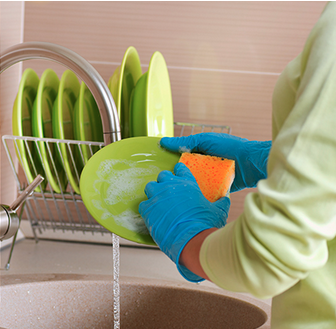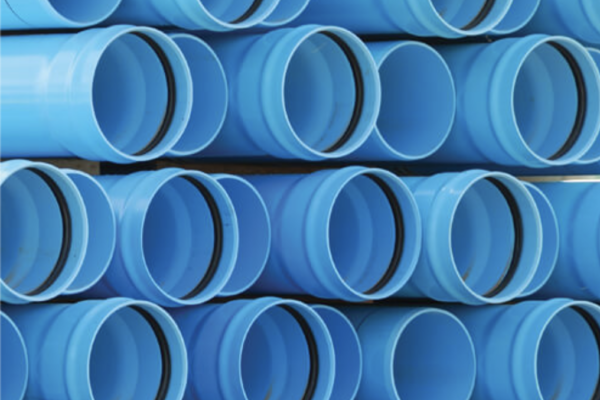Key Points/Overview
Hydrochloric acid can be used to process steel for the building and construction industry. It is used in the chemical industry in the large-scale production of vinyl chloride used to make PVC, and it is one of the chemicals used to produce polyurethane foam and calcium chloride.
Common end uses for hydrochloric acid include household cleaners, pool maintenance and food manufacturing.
OSHA recommends workers in industrial settings wear personal protective equipment such as vapor respirators, rubber gloves, splash goggles and face shields when handling hydrochloric acid.
Plastic containers, such as those made of PVC, can typically be used to store hydrochloric acid. Metal containers are generally not suitable for storing hydrochloric acid due to its corrosive nature.
Uses & Benefits
Hydrochloric acid is a strong, corrosive acid that can be used industrially to process steel used in the building and construction industry. It is used in the chemical industry in the large-scale production of vinyl chloride used to make polyvinyl chloride (PVC) plastic, and it is one of the chemicals that is used to produce polyurethane foam and calcium chloride.
Hydrochloric acid is also used to make many other chemicals and as a disinfectant and slimicide, a chemical that prevents the growth of slime in paper stock.
Other common end uses for hydrochloric acid include household cleaners, pool maintenance and food manufacturing.

Steel Production
Hydrochloric acid is used in pickling operations to remove rust and other impurities from carbon, alloy and stainless steel, to prepare the steel for final applications in building and construction projects, and in products such as car bodies and household appliances. It is also used in aluminum etching and metal cleaning applications.

Household Cleaners
Hydrochloric acid can be an ingredient in household cleaners such as toilet bowl cleaners, bathroom tile cleaners and other porcelain cleaners, due to its corrosive properties that help clean tough stains.

Pool Sanitation
Hydrochloric acid is used as a swimming pool treatment chemical, to help maintain an optimal pH in the water.

Food Production and Processing
The food industry uses hydrochloric acid to process a variety of food products, such as corn syrups used in soft drinks, cookies, crackers, ketchup and cereals. Hydrochloric acid is also used as an acidifier in sauces, vegetable juices and canned goods, to help enhance flavor and reduce spoilage.

Calcium Chloride Production
When hydrochloric acid is mixed or reacted with limestone, it produces calcium chloride, a type of salt used to de-ice roads. Calcium chloride also has uses in food production as a stabilizer and firming agent, for example in baked goods, as well as uses as an antimicrobial.

Additional Uses
Hydrochloric acid is used in the production of batteries, photoflash bulbs and fireworks. It is also used in leather processing, building and construction, oil well acidizing and producing gelatin products.

Safety Information
Hydrochloric acid in its concentrated, liquid form has a strong irritating odor and is very corrosive. It can cause damage, such as chemical burns, upon contact, according to the U.S. National Library of Medicine. The U.S. Centers for Disease Control and Prevention (CDC) notes that hydrochloric acid can cause eye damage, even blindness, if splashed in the eyes.
Ingestion of concentrated hydrochloric acid can cause severe injury to the mouth, throat, esophagus and stomach. Personal protective equipment (PPE) such as vapor respirators, rubber gloves, splash goggles and face shields should be used when handling hydrochloric acid. If used in the workplace, it is recommended that an eye flush station be available in case of accidental exposure.
When using pool cleaners that contain hydrochloric acid (also known as muriatic acid), it is important to follow directions on the product label for safe handling. The CDC has developed two posters with recommendations for pool chemical safety handling as well as storage of pool chemicals for pool owners and operators.
Storing Hydrochloric Acid
Metal containers are not suitable storage containers for hydrochloric acid due to its corrosive nature. Plastic containers, such as those made of PVC, can typically be used to store hydrochloric acid.


